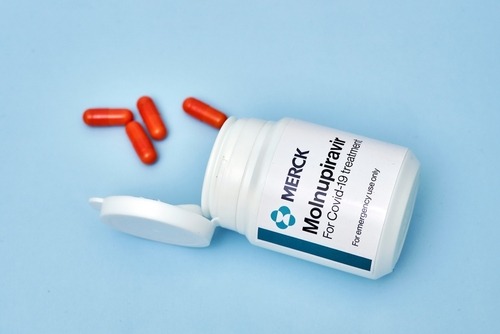
Under a long-term agreement with the United Nations Children’s Fund (UNICEF) announced this week, Merck and Ridgeback Biotherapeutics have agreed to provide 3 million courses of COVID-19 oral antiviral molnupiravir for use in low and middle-income countries.
Distribution will occur throughout the first half of the year, to more than 100 nations, following regulatory authorizations. The antiviral has been authorized for use in more than 10 countries, including the United States, albeit on an emergency basis. Separately, Merck has granted voluntary licenses to generic manufacturers and the Medicines Patent Pool to help increase supplies and affordability of the drug worldwide.
“Merck is delivering on our commitment to make molnupiravir available – widely, quickly, and equitably,” MERCK President and CEO Robert Davis said. “Through this groundbreaking agreement with UNICEF, millions of patients in more than 100 low- and middle-income countries will gain access to molnupiravir through UNICEF and the ACT Accelerator Therapeutics Partnership in the first half of 2022. I am proud of the fact that patients in these low- and middle-income countries will gain access at the same time as patients in countries with higher incomes.”
At least 20 million courses of molnupiravir are expected to be manufactured this year. To date, Merck has shipped the drug to more than 20 countries. Complementing this effort, it has also entered into advance purchase and supply agreements to provide molnupiravir to more than 30 countries, pending regulatory authorizations.
In the U.S., molnupiravir has been granted emergency use authorization (EUA) to treat mild to moderate COVID-19 cases among adults who have tested positive and present high risks for progression to severe COVID-19 effects, such as hospitalization or death. It is meant for use only when alternative, authorized treatments are unavailable or not clinically appropriate for a given case.




